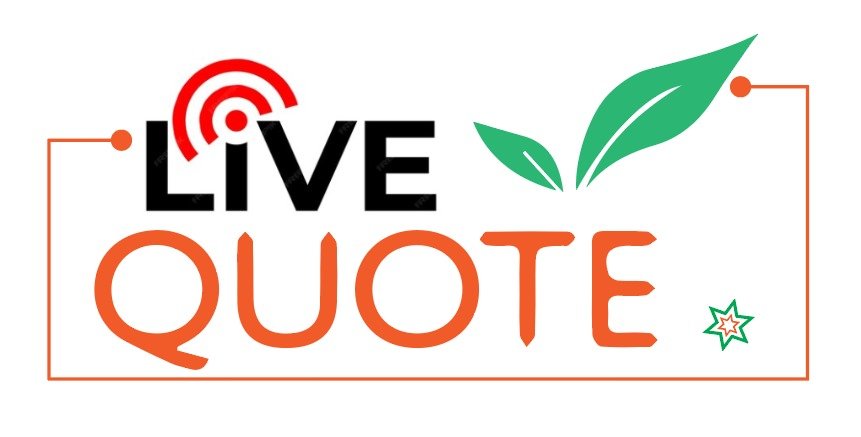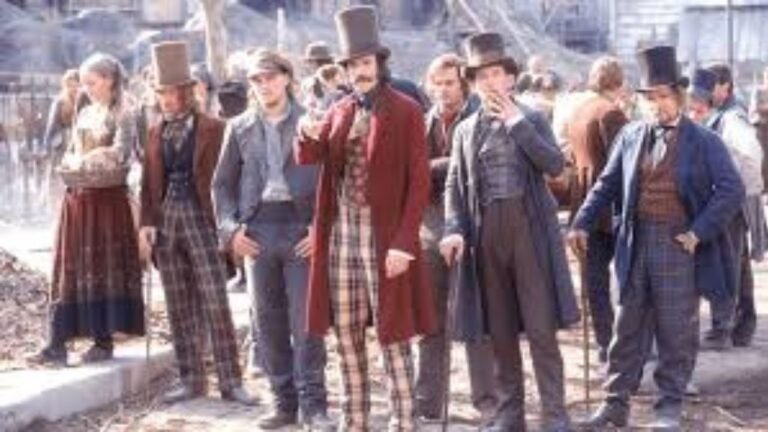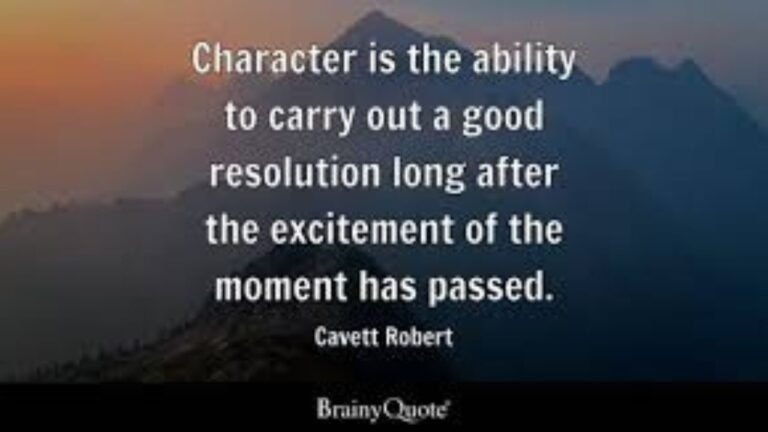Francis Bacon, a philosopher, scientist, and statesman of the Renaissance, is renowned for his profound insights and eloquent writings. His quotes reflect his dedication to knowledge, empiricism, and human progress, offering timeless wisdom that continues to inspire intellectual thought and personal growth famous quotes by Francis bacon
Here’s a curated list of 60 famous quotes by Francis Bacon that reflect his intellectual depth and diverse perspectives
- Knowledge itself is power.
- A wise man will make more opportunities than he finds.
- Hope is a good breakfast, but it is a bad supper.
- Reading market a full man; conference a ready man; and writing an exact man.
- In order for the light to shine so brightly, the darkness must be present.
- The remedy is worse than the disease.
- Silence is the sleep that nourishes wisdom.
- Truth is the daughter of time, not of authority
- Money is a great servant but a bad master.
- A prudent question is one-half of wisdom.
- Some books are to be tasted, others to be swallowed, and some few to be chewed and digested.
- Fortune is like the market, where many times, if you can stay a little, the price will fall.
- Nature, to be commanded, must be obeyed.
- “The subtlety of nature is greater many times over than the subtlety of the senses and understanding.
- If we do not maintain justice, justice will not maintain us.
- The best part of beauty is that which no picture can express.
- There is no excellent beauty that hath not some strangeness in the proportion.
- Truth emerges more readily from error than from confusion.
- Discretion in speech is more than eloquence.
- is impossible to love and be wise.
- The great end of life is not knowledge but action.
- He that hath knowledge sparest his words.
- Time is the greatest innovator.
- root of all superstition is that men observe when things hit, and not when they miss.
- It is a strange desire to seek power and to lose liberty.
- Friendship increases in visiting friends, but in visiting them seldom.
- Choose the life that is most useful, and habit will make it the most agreeable.
- Imagination was given to man to compensate him for what he is not, and a sense of humor to console him for what he is.
- God has placed no limits on the exercise of the intellect he has given us, on this side of the grave.
- The worst solitude is to have no real friendships.
- A sudden bold and unexpected question doth many times surprise a man and lay him open.
- Man prefers to believe what he prefers to be true.
- Prosperity doth best discover vice, but adversity doth best discover virtue.
- The job of the artist is always to deepen the mystery.
- Virtue is like a rich stone—best plain set.
- Men fear death as children fear to go in the dark.
- The monuments of wit survive the monuments of power.
- Things alter for the worse spontaneously if they be not altered for the better designedly.
- Science is but an image of the truth.
- Revenge is a kind of wild justice.
- Anger makes dull men witty, but it keeps them poor.
- A little philosophy inclined man’s mind to atheism, but depth in philosophy bringeth men’s minds about to religion.
- Men must know that in this theater of man’s life, it is reserved only for God and angels to be lookers-on.
- The ambition of man is the seed of all his actions.
- The greatest trust between man and man is the trust of giving counsel.
- It is not what we profess, but what we practice that gives us integrity.
- Truth is the greatest charity.
- There are more things in heaven and earth than are dreamt of in our philosophy.
- An ill-deed cannot be undone but with repentance.
- The true and lawful goal of the sciences is none other than this: that human life be enriched and exalted.
- A wise man will make more opportunities than he finds.
- In order for the light to shine so brightly, the darkness must be present.
- Reading markets a full man; conference a ready man; and writing an exact man.
- The remedy is worse than the disease.
- Hope is a good breakfast, but it is a bad supper.
- Truth is the daughter of time, not of authority.
- The best part of beauty is that which no picture can express.
- Money is a good servant but a bad master.
- It is impossible to love and to be wise.
- Prosperity is the blessing of the Old Testament; adversity is the blessing of the New.
conclusion
In conclusion, Francis Bacon’s quotes encapsulate his visionary thinking and timeless wisdom. His reflections on knowledge, human nature, and the pursuit of truth remain profoundly relevant, inspiring intellectual curiosity and practical action. Bacon’s legacy lies in his ability to distill complex ideas into succinct, thought-provoking statements that challenge and enlighten. His words continue to guide individuals in their quest for understanding, justice, and progress in a rapidly evolving world.





















